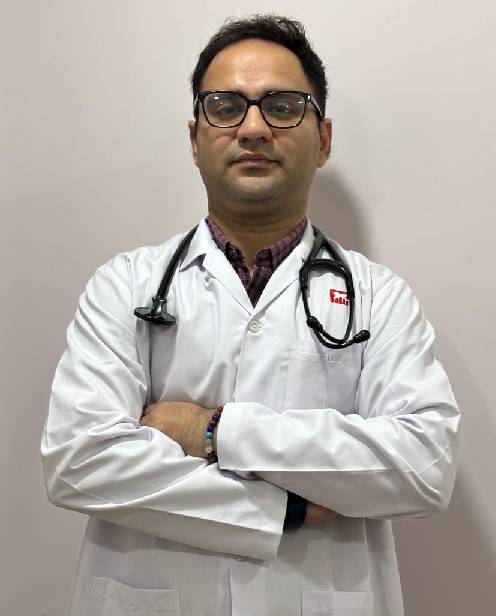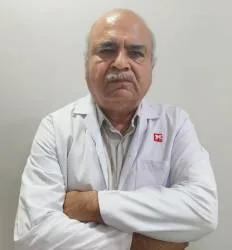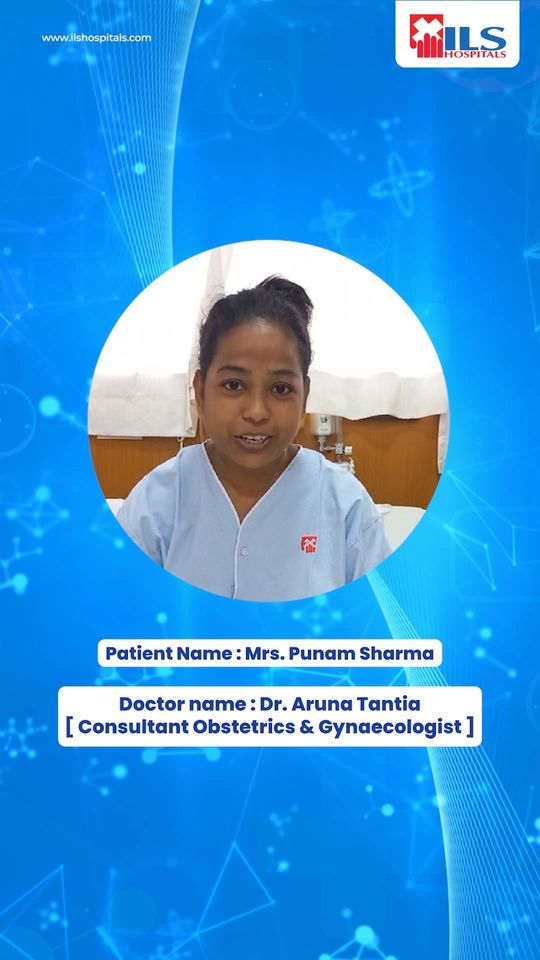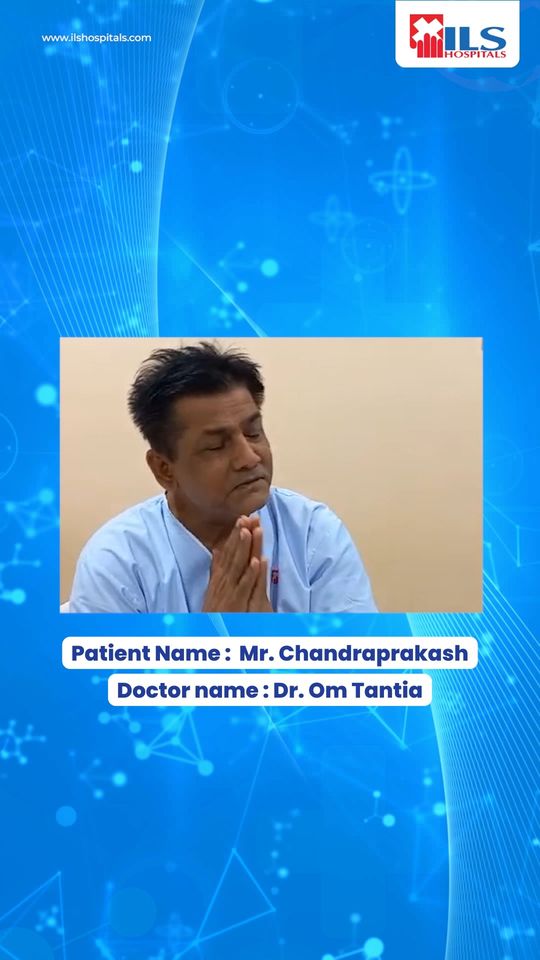Brain Tumor
A brain tumor is an abnormal growth or mass of cells in or near the brain. Central nervous system (CNS) tumors refer to both spinal and brain tumors. Brain tumors can be malignant (cancerous) or benign (not cancerous). Some tumors develop rapidly, while others grow slowly. Only roughly one-third of brain tumors are malignant. Brain tumors, whether malignant or not, can impair brain function and health if they grow large enough to impinge on nearby nerves, blood vessels, and tissue.
Symptoms
They can include:
- Headaches that may worsen in the morning or keep you awake at night.
- Seizures.
- Difficulty thinking, speaking, and understanding language.
- Personalities change.
- Weakness or paralysis in one area or side of your body.
- Balance issues or dizziness.
- Vision problems.
- Hearing problems.
- Facial numbness and tingling.
- Nausea and vomiting.
- Confused and disoriented.
Causes
Researchers know that brain tumors form when particular genes on a cell’s chromosomes become damaged and no longer function properly, but they don’t know why. Your DNA in your chromosomes instructs cells throughout your body on when to grow, divide, proliferate, and die. When your brain cells’ DNA changes, they receive new instructions. Your body creates aberrant brain cells that grow and multiply faster than normal, and occasionally live longer. When this occurs, an ever-increasing population of aberrant cells takes up room in your brain.
Diagnosis
Diagnosing a brain tumor can be a difficult process that may involve multiple doctors. In certain situations, however, healthcare personnel may uncover a brain tumor while conducting imaging testing for another medical condition. If you have symptoms of a brain tumor, your healthcare professional will do a physical examination. They will also inquire about your symptoms, previous and present health issues, current medications, surgeries and medical treatments, and family medical history.
They may also do a neurological exam, which looks for changes in your balance and coordination, mental state, hearing, vision, and reflexes. These changes can indicate which section of your brain may be affected by a tumor. If your doctor suspects you have a brain tumor, a brain scan, typically an MRI, is the next step.
Tests
To diagnose a brain tumor, doctors use a variety of tests, including a brain MRI or CT scan, a biopsy, a spinal tap (lumbar puncture), and specialized tests..
Treatment
Treatment for brain tumors is determined by various criteria, including the tumor’s location, size, and kind; the number of tumors; your age; and overall health. Benign (noncancerous) brain tumors are typically successfully removed through surgery and do not recur. It generally relies on whether your neurosurgeon can safely remove the entire tumor. Radiation therapy, which is well tolerated by adult brains, may impede a child’s brain from developing normally, particularly in children under the age of five.
When treating a tumor, healthcare providers frequently utilize a mix of medicines. Your treatment choices may include brain surgery (craniotomy), radiation therapy, radiosurgery, brachytherapy, chemotherapy, immunotherapy, targeted therapy, and watchful waiting/active monitoring. Shunts, medications like mannitol and corticosteroids, and palliative care are among the treatments that can aid with brain tumor symptoms.
Prevention
Unfortunately, you cannot prevent a brain tumor. You can lower your chances of having a brain tumor by avoiding environmental dangers, including smoking and excessive radiation exposure. If you have a first-degree biological relative (a sibling or parent) who has been diagnosed with a brain tumor, you should notify your doctor. They may propose genetic counseling to see whether you have an inherited genetic condition linked to brain cancers.
Conclusion
A brain tumor diagnosis can be frightening, but early detection and a comprehensive treatment plan can make a significant impact. Ongoing research advances our understanding and provides hope for more effective treatments in the future. If you or a loved one has persistent neurological problems, do not dismiss them. Consult a healthcare physician and undergo the appropriate testing; early intervention can save lives.












































